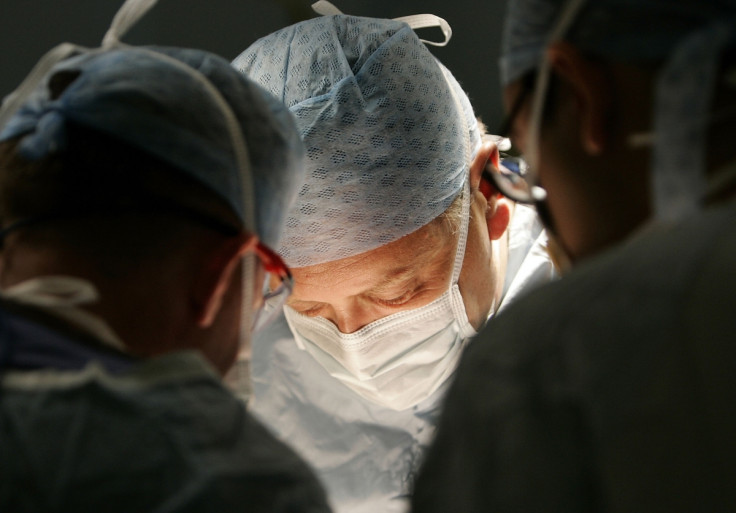Robot carries out its first kidney transplant on two British patients
The new method could potentially 'revolutionise transplantation'.

Two Britons have left hospital just four days following a kidney transplant after it was successfully carried out by a robot. Siobhan Morris, 42, and Andy Brooks, 58, who had transplants within a day of one another, are the first patients in Britain to undergo the procedure performed by a non-human.
According to the Sunday Times, the transplants were so accurate and caused such limited damage that only paracetamol was required for pain relief.
In comparison, patients who undergo traditional open surgery often require a morphine infusion for pain control.
Morris – who previously received a kidney from her mother in 2007 – said: "I was amazed. The pain is probably 80% less than it was first time round because they cut through all the muscles before and they didn't do any of that this time. It is so much easier."
She received the kidney transplant on 4 September.
Brooks was given strong painkillers at first before switching to paracetamol after a couple of days.
"The post-operative recovery was much shorter than it would have been under the conventional transplant," he told the newspaper. "I was operated on on Saturday [10 September]. I was hopping out of bed on Sunday and walking about. It was an amazing experience."
A traditional kidney transplant procedure using open surgery consists of three stages.
First, an incision is made to the lower abdomen where the donated organ is put into place. Nearby blood vessels are then attached to those from the donated kidney to maintain blood supply. Finally, the ureter of the donated kidney is connected to the patient's bladder.
Surgery via India
Transplant surgeons at Guy's and St Thomas' NHS Foundation Trust controlled the robot with assistance from Professor Pranjal Modi of the Institute of Kidney Diseases and Research Centre located in India's westernmost state of Gujarat. Modi is credited with pioneering robotic transplants.
"We have been incredibly impressed with the difference in recovery. Normally these patients would be on morphine infusions for two to three days," Nizam Mamode, a consultant transplant surgeon at the hospital said.
"We think [using the robot] they will require little or no morphine. That means they mobilise quicker, and if they mobilise quicker and they feel better, then we would expect their overall recovery to be better.
"The first patient didn't require any morphine at all and wanted to go home on day three," Mamode added. "Normally, in an [open surgery] transplant, you make a big incision and you cut muscle to go in, which is then painful. Potentially it is going to revolutionise transplantation."
© Copyright IBTimes 2024. All rights reserved.






